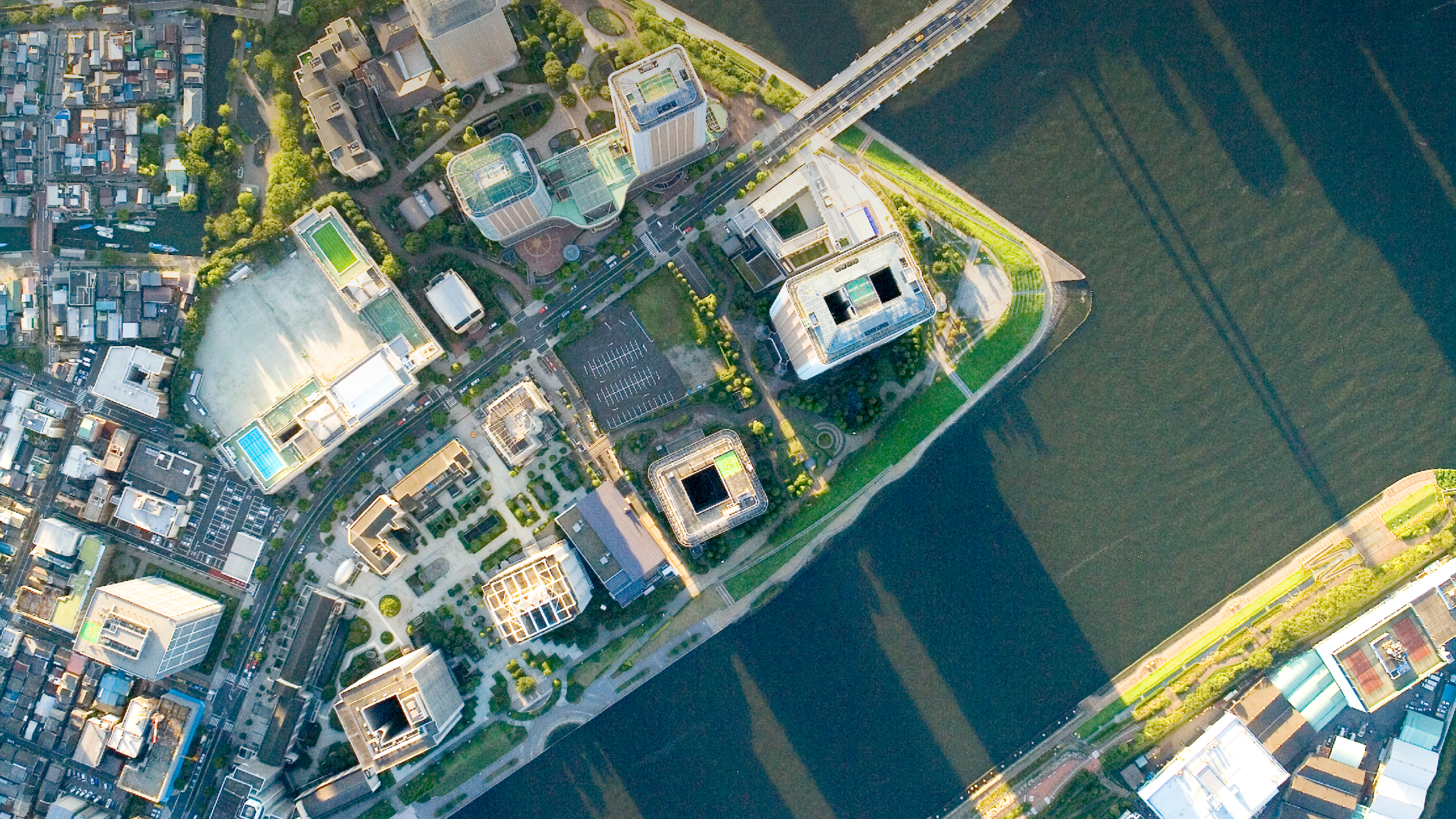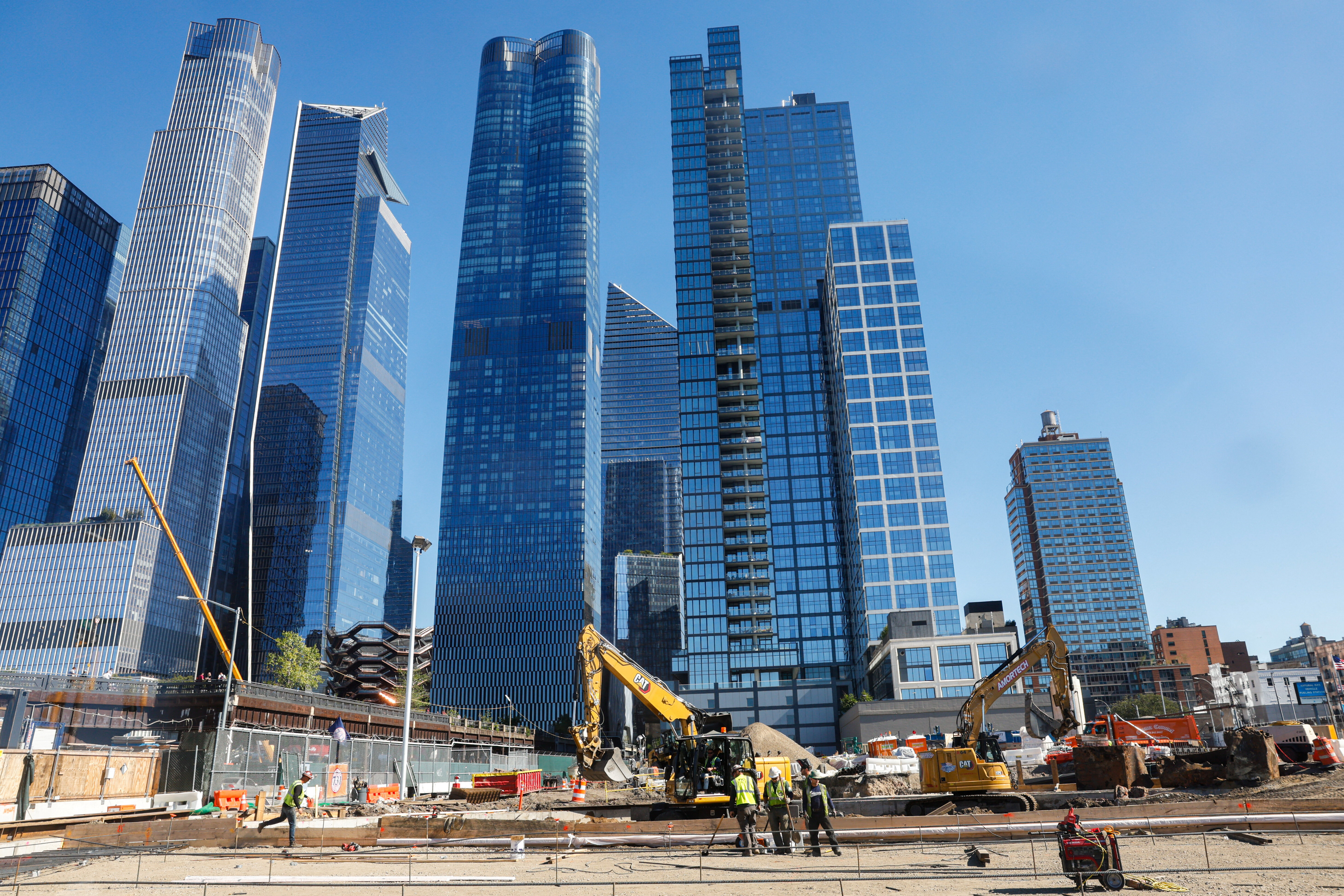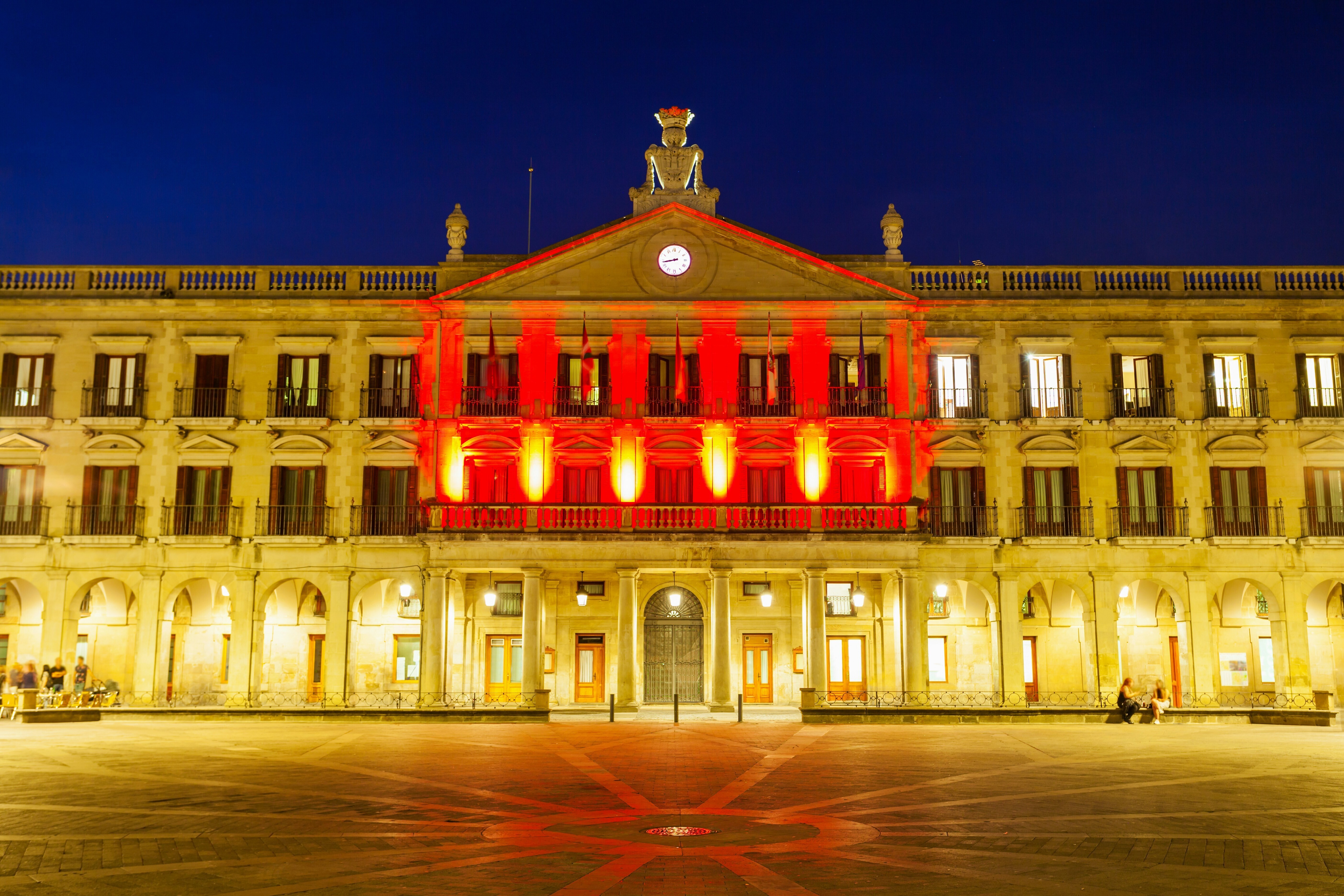The time for cities to get smart is now

London has launched a roadmap to make it "the world’s smartest city". Image: REUTERS/Luke MacGregor
Unprecedented urbanization is compelling cities to fundamentally reimagine and transform for the future – and fast. According to the 2018 Revision of World Urbanization Prospects, roughly half of the world’s population lives in cities today and that figure is expected to increase to 68% by 2050.
You don’t have to be a city planner to imagine the impact of urbanization on infrastructure, systems and resources. There are undoubtedly risks – increased pollution, poverty, crime and cost of living, among others. But cities that take steps now to get smart and prepare can make way for economic growth, efficiency and a better quality of life for citizens.
From my vantage point as a leader in the technology industry, I am seeing more and more state and local governments take a proactive approach to growth. They are adopting and executing smart city strategies to digitally transform for a future that looks very different from today. And they are increasingly bringing other stakeholders to the table, like citizens, data scientists and IT practitioners, which is key. As a matter of fact, citizen engagement is critical to the success of smart cities, according to analyst firm Gartner.
Cities worldwide get smart
Building a smart city involves every aspect of digital, IT, workforce and security transformation.
Many cities worldwide have already started on this journey, transforming their infrastructure and systems to lay the groundwork for 2050 and beyond. For example:
⦁ Boston is replacing its existing city-wide communications system with a state-of-the art fibre-optic network to provide residents, businesses, schools and other facilities with more bandwidth and broadband speed, as well as improved wireless service.
⦁ A proof of concept in Las Vegas uses artificial intelligence and machine learning to increase public safety. It takes real-time data from sensors and devices across the city and combines it with historical datasets, such as crime, weather and social media, to alert authorities of abnormal patterns. This insight is helping the city reduce response times for first responders, among other public benefits.
⦁ Local governments in India are proactively investing in innovative smart city programs to improve the quality of life for residents and visitors. For example, Chennai is automating its traffic system to improve regulation and road safety, as well as overhauling its public transportation system for a more predictive and seamless experience for its customers.
⦁ In June 2018, London launched a roadmap to make it "the world’s smartest city" and address its most pressing challenges: poor air quality, urban design and digital connectivity. The roadmap includes more than 20 initiatives, such as a new approach to connectivity, greater data sharing among public services, commission of new smart technology and a pan-London cyber-security strategy.
Smart means livable, workable and sustainable
Smart city initiatives can create an opportunity to realize economic growth and development. Importantly, these initiatives enable cities to stay competitive in a world of constant technological evolution, such as 5G mobile networks, artificial intelligence and the Internet of Things.
By taking advantage of new and emerging technology trends and data sciences, cities can manage their growing urban environments to become more livable with safer, cleaner, healthier and more convenient communities; more workable with a modern digital infrastructure that attracts companies, jobs and talent; and more sustainable when powered by clean, renewable energy.
To get there, cities need a digital platform that:
⦁ Breaks down barriers between historically siloed city departments to increase efficiency and promote collaboration.
⦁ Provides a common information model that spans city government. This enables multiple city departments to easily share and gain insights from the valuable data they collect and, subsequently, make data-driven improvements to city services.
⦁ Enables real-time information to give city managers immediate insight and context to drive better, timelier decisions – rather than the backward-looking view of trends and incidents most cities employ today.
⦁ Brings all key system components together in a central command centre.
Get smart now
The Fourth Industrial Revolution and urbanization are forcing cities to rethink how they can improve the lives of their citizens now and into the future. Innovators in the public sector who have launched smart city initiatives foresaw the opportunities created by these changes and they are taking action.
There is still time for those cities that are lagging behind, but the clock is ticking. As Alan Lakein, one of the most well-known time-management experts, said: “Planning is bringing the future into the present so you can do something about it now.” The opportunity is huge and the time is now.
Don't miss any update on this topic
Create a free account and access your personalized content collection with our latest publications and analyses.
License and Republishing
World Economic Forum articles may be republished in accordance with the Creative Commons Attribution-NonCommercial-NoDerivatives 4.0 International Public License, and in accordance with our Terms of Use.
The views expressed in this article are those of the author alone and not the World Economic Forum.
Stay up to date:
Cities and Urbanization
Forum Stories newsletter
Bringing you weekly curated insights and analysis on the global issues that matter.








